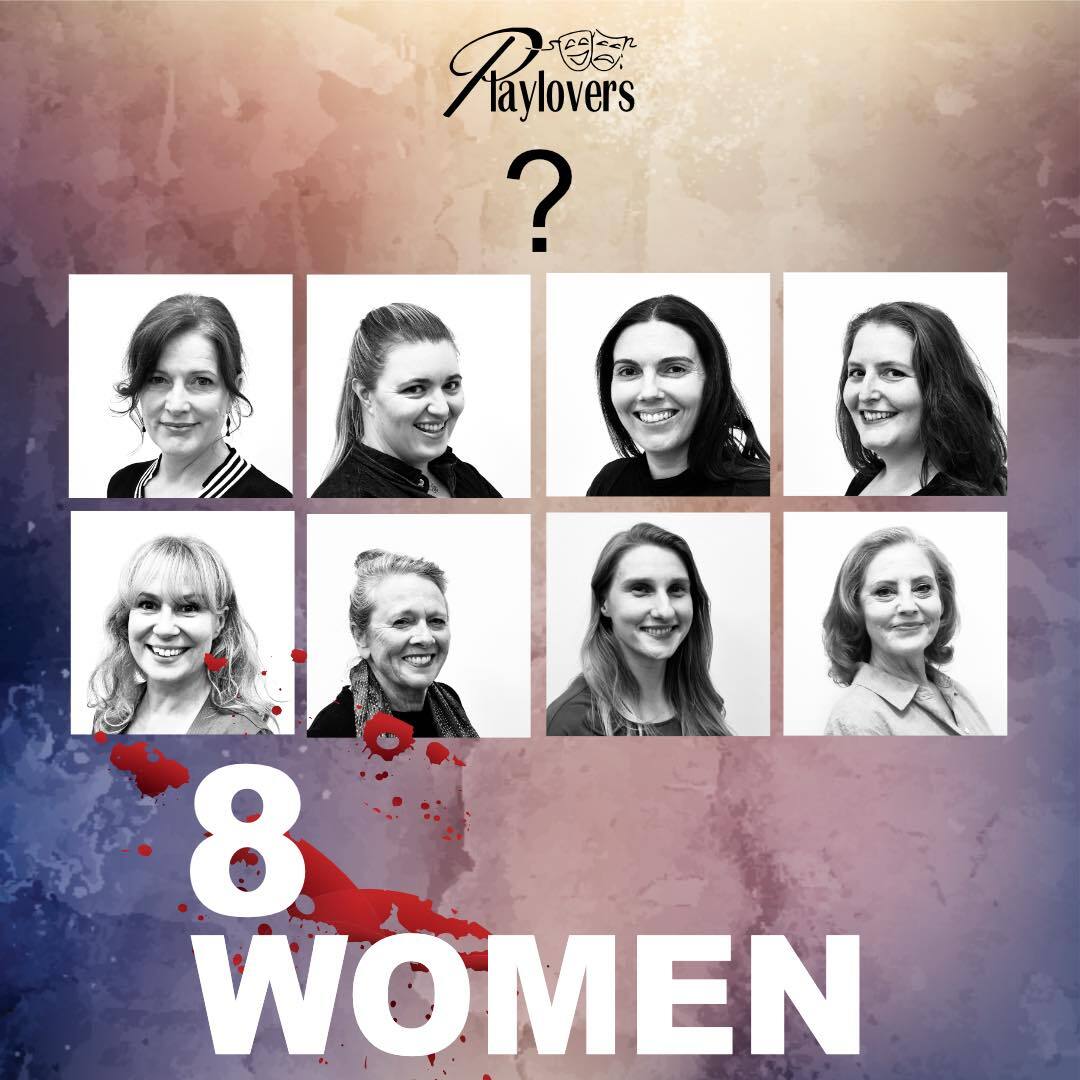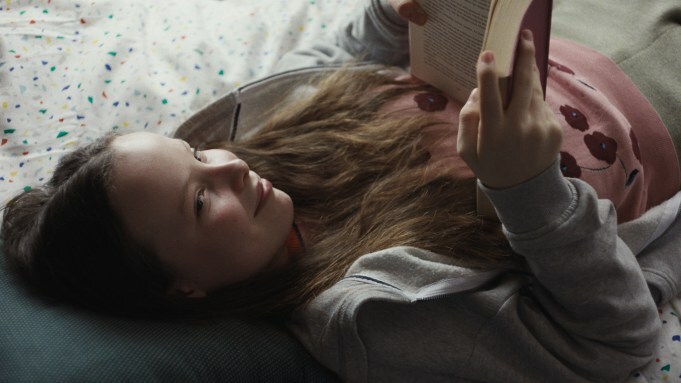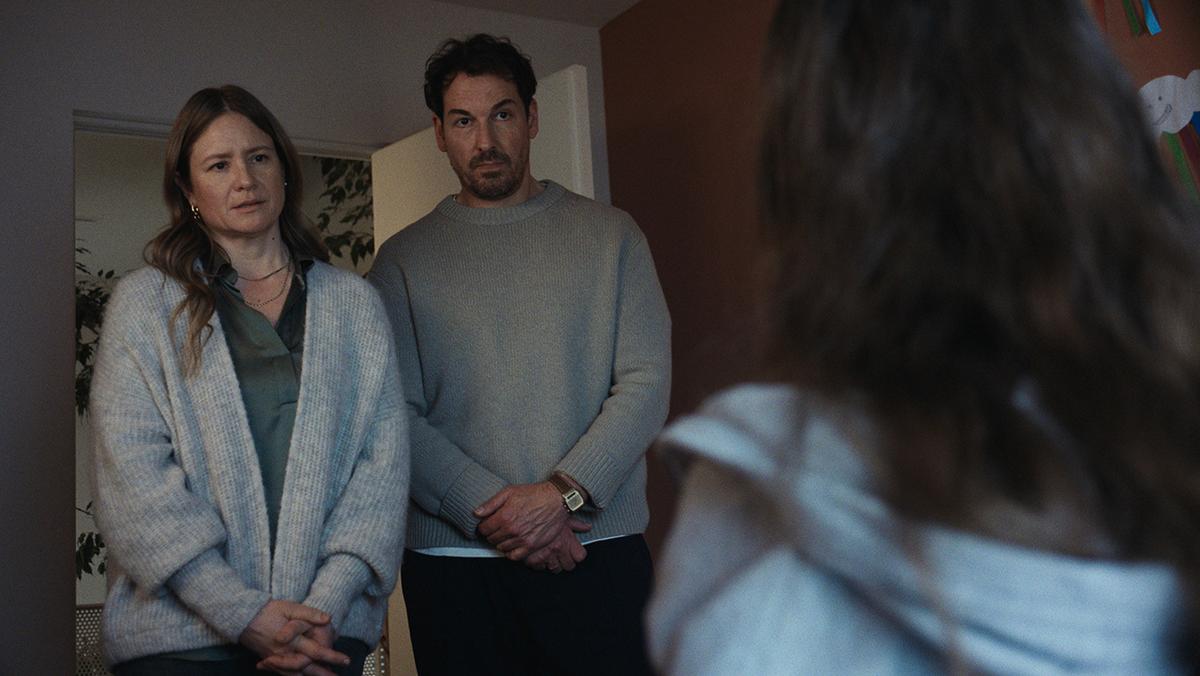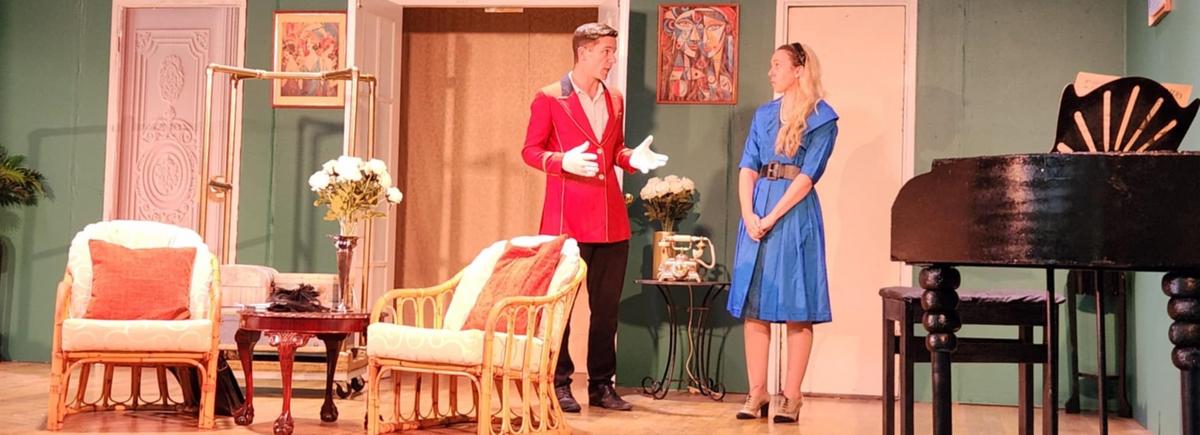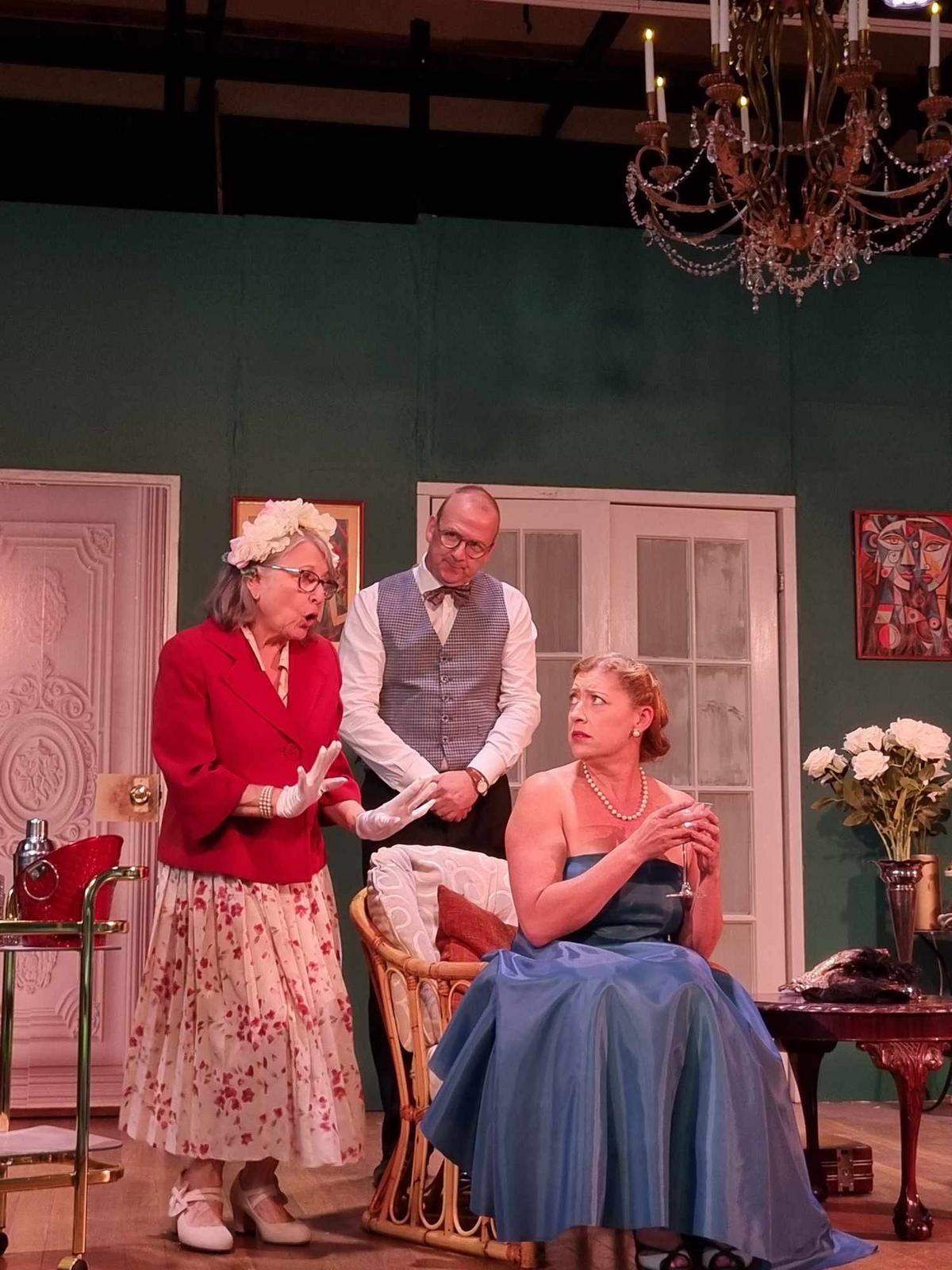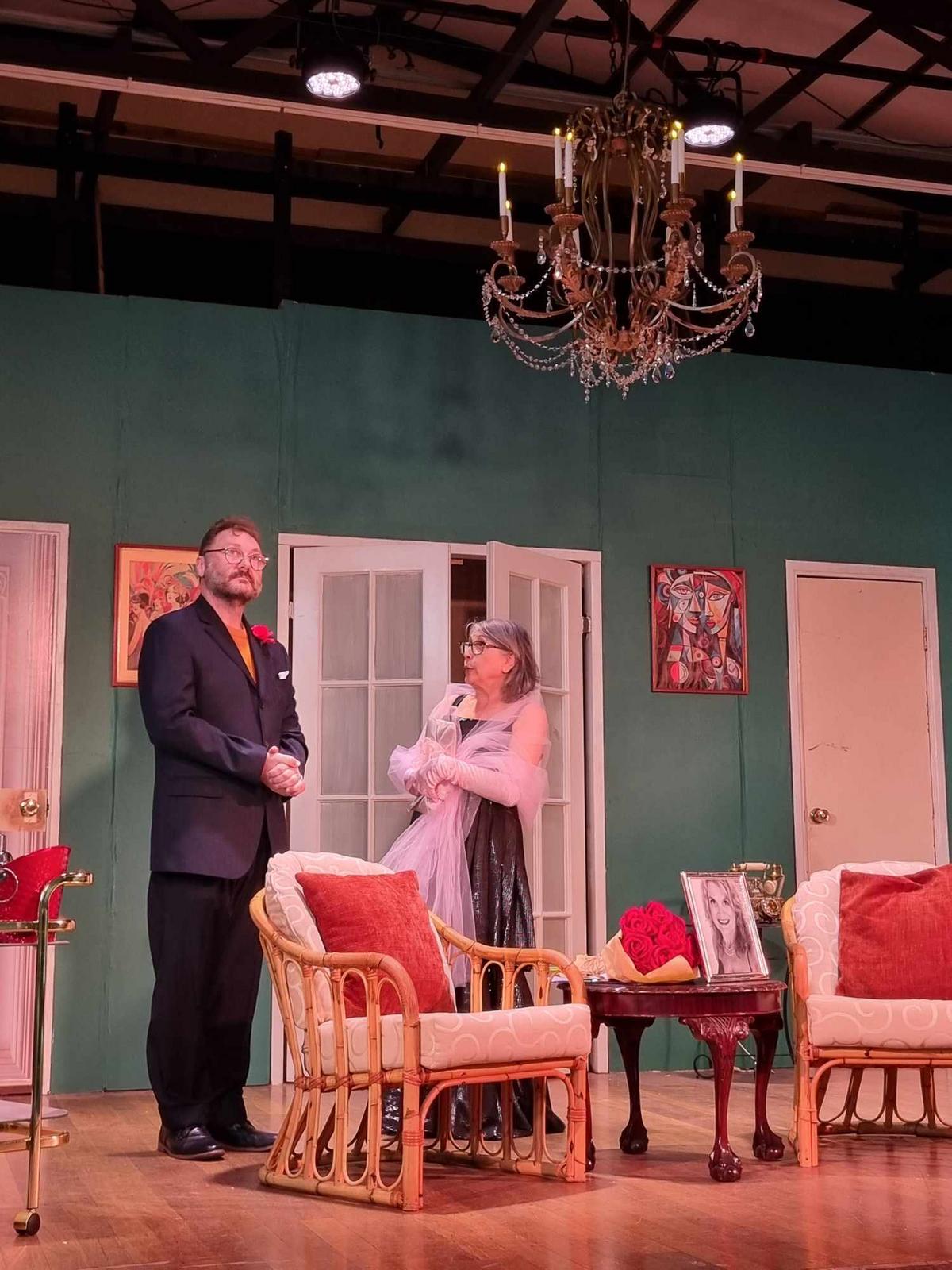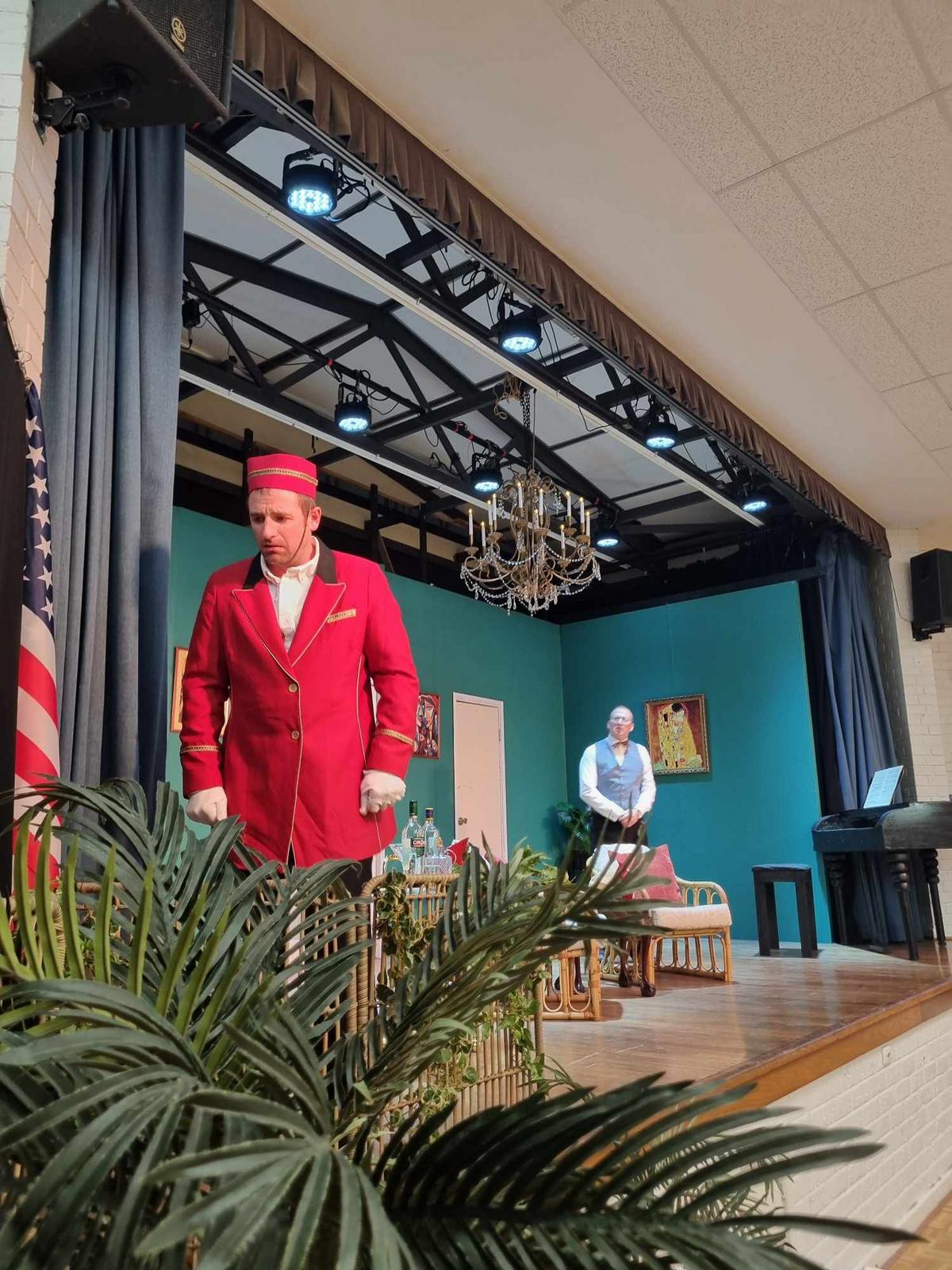“Shrine”, presented by Darlington Theatre Players, is a stage play by Tim Winton that explores how people deal with sudden loss, how our hurt can be hidden beneath different emotions and the lasting impact grief can have on our relationships. The play centres on car crash victim, Jack specifically the enduring trauma that is left in the lives of his parents and friends after his death.
All of the cast members fully imbue their character’s internal struggles. Gavin Crane plays Adam Mansfield, the bereft father of Jack, conveying the resolved hopelessness of one-turned-to-drink. His shining moment, “I want him back” possibly the greatest single moment of the show.
Anna Head as Jack’s mother, Mary Mansfield, is clearly a polished performer and her intense, outpourings of grief provide a balanced juxtaposition to Crane’s stoicism – such a shame to not have any interaction between these characters given the prowess of the actors.

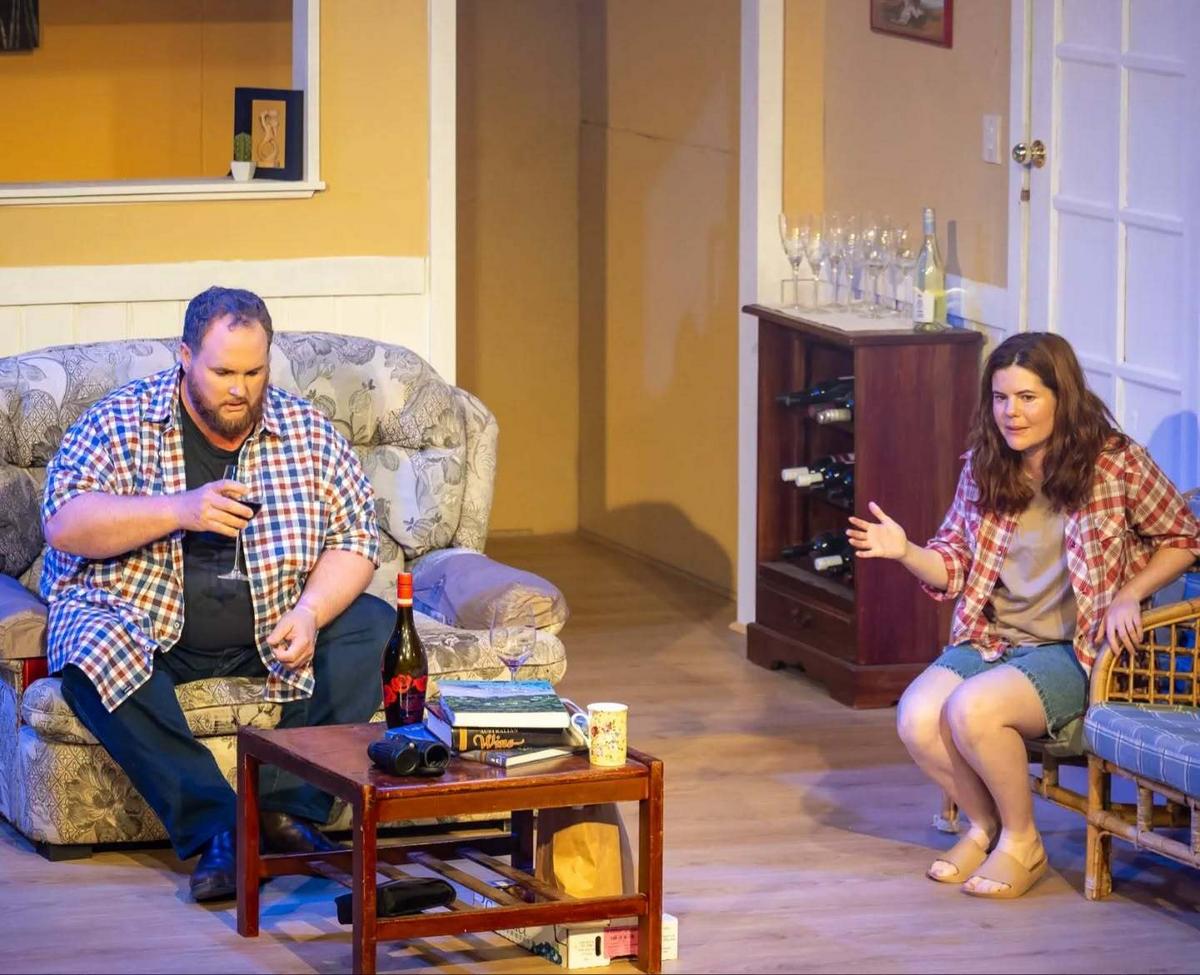
The role of Jack’s friend, June is expertly handled by Madelaine Page who lends a dry humour to June’s sense of invisibility. Tom Rankin is cast perfectly as Jack and is effortlessly likable whilst Geordie Bartle and Jack Buckmaster as Will and Ben are almost too believable as the “bad boys”.
Gary Wetherilt embraces selective realism for set design and succeeds in invoking West Australian culture. The beach house perfectly embodies south coast holiday homes and the roadside monument for Jack is adorned with the cross, empty Jim Beam bottles and fake flowers one can still typically see along WA roads to this day. The surfboard pushed out atop a barely concealed trolley on wheels elicited several giggles however perhaps we were all eager for a chortle after nearly ninety minutes of monologues.
With such raw and confronting themes, I was expecting to feel uncomfortable, moved or even sad at times however a great novelist does not a playwright make – the pillars of rising action, climax, dénouement and resolution lacking from this (dramatic) text. The overuse of “telling” the story to the audience becomes boring; so much so that any snippet of conversational dialogue seems positively enthralling. Nevertheless, none of the lassitude I felt lay at the feet of Director, Chris McRae or the Cast who battled to bring the drama to what is more “narrative prose” than “one act play”.
To book tickets to Shrine, please visit https://www.trybooking.com/events/landing/1300971.


